Tip: Activate javascript to be able to use all functions of our website
Combined funding volume of EUR 18 billion in 2024, joint portfolio of EUR 109 billion, 160 countries of intervention, 9,000 staff members at home and in the world
JEFIC’s support for Global Gateway: EUR 16.6 billion, 41 GG flagship projects
Contributions to 127 Team Europe Initiatives
After a flying start in 2022, JEFIC has thus become an established and a highly appreciated partner within the European finance architecture for development (EFAD)
JEFIC – Joint European Financiers for International Cooperation – is a network of European national bilateral development banks and financial institutions which mainly work with public sector partners in developing countries and emerging economies. Next to this JEFIC plays an important role in leveraging the private sector and in enhancing the local regulatory framework. The current members are AECID (Spain), AFD (France), BGK (Poland), CDP (Italy) and KfW (Germany).
They share a common vision for a truly joined-up European development finance system (alongside EDFI-European Development Finance Institutions, EIB-European Investment Bank and EBRD-European Bank for Reconstruction and Development) to optimise efficiency and effectiveness of European development cooperation (DC).
With a combined funding volume of EUR 18 billion in 2024, the JEFIC network provides a substantial share of global financing for sustainable development and handles around one third of the funding generated through the EU’s blending and guarantee instruments. A wide range of activities in 160 countries, 9,000 staff members at home and throughout the world ensure very close cooperation. JEFIC members share strategic objectives and operational opportunities to identify common financing activities jointly implemented in multiple target countries and sectors. Pooling their strengths, they put their broad collective expertise to best use and provide a wide and varied range of services and support. Their goal is to ensure that the diversity of “Team Europe” will work as an advantage for beneficiaries, partners and international donors creating, in particular, a point of access to a broad pool of European know-how and financing power.
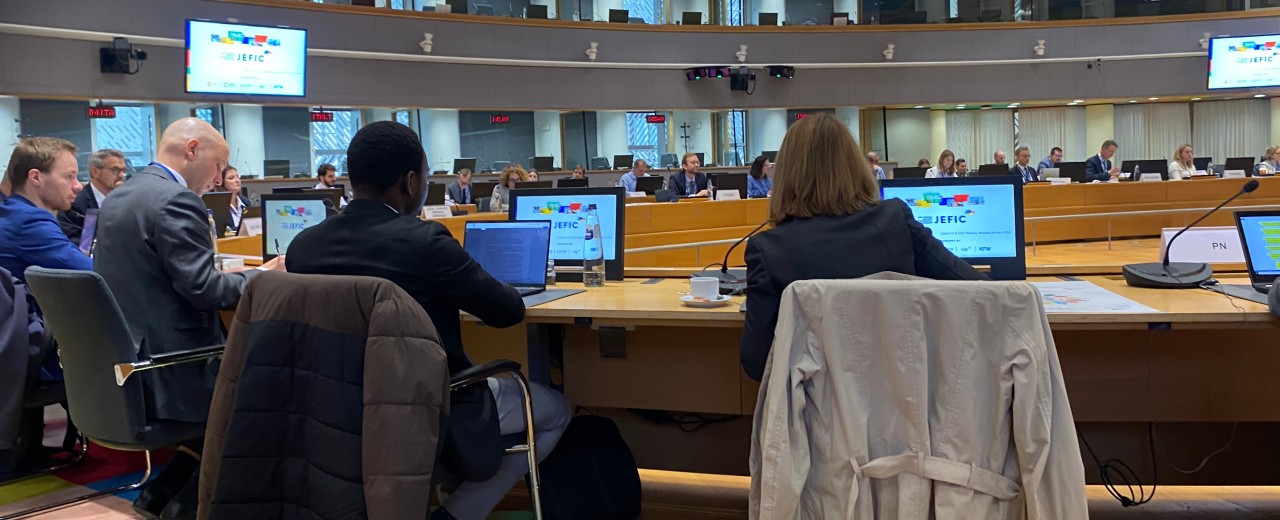
Against this background, JEFIC remains an open and inclusive partnership ready to include other bilateral actors within the European financial architecture for development who are willing to join the network.
In an increasingly multipolar world with geostrategic challenges, JEFIC partners offer the EU targeted finance solutions for transformation projects worldwide inspired by the SDGs, but also designed to strengthen Europe’s own resilience and its position in a fragmented world.
At the centre of this commitment are the Team Europe initiatives (TEI) and Global Gateway, the EU's strategic financing offer to partner countries. As a connectivity strategy, it is also intended to contribute to better integration within and between the partner countries, as well as their connection with the EU. In 2024, JEFIC further streamlined its financing offer with a particular focus on Global Gateway: with commitments of EUR 16.6 billion in all Global Gateway sectors, a significant contribution was made to achieve the EU’s claim of EUR 300 billion to be mobilised by 2027. JEFIC has thus become a cornerstone in Europe’s commitment to help bring about important changes in the partner countries while also opening doors for the European economy, combining international responsibility with Europe's strategic interests for the benefit of all.
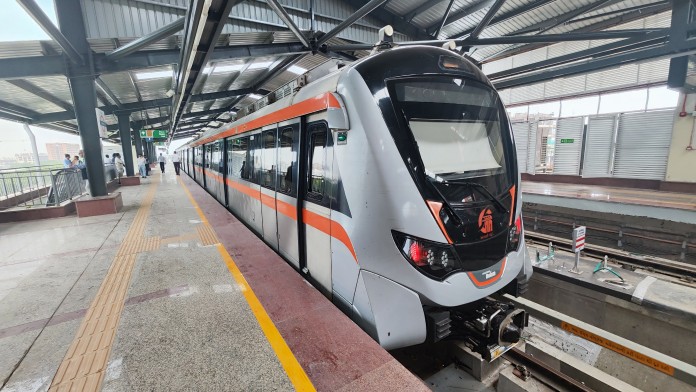
JEFIC members are currently involved in 127 of 160 TEIs, at national, regional and global levels, and contribute to 41 Global Gateway flagships out of the 138 selected in 2024, mostly in the climate/energy and transport sectors. Moreover, JEFIC members are supporting less mature market segments through local banks and through Public and Private Partnerships, bridging the gap between public and private sector.
The partnership is based on 3 principles:
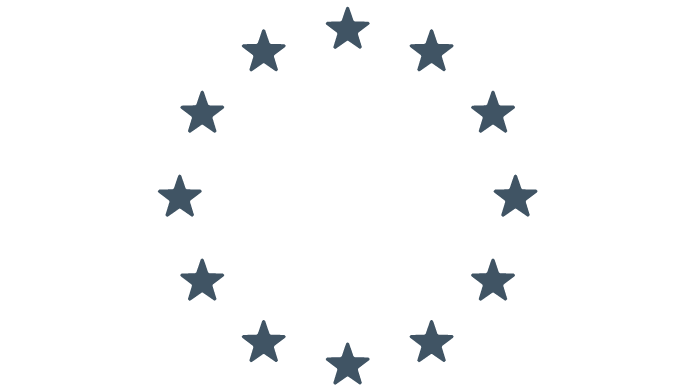
#TeamEurope approach and shared strategic vision. The institutions support the #TeamEurope approach, a concept born as the EU’s and Member States’ global response to the COVID-19 pandemic. This approach was incorporated into the European external action policies in order to improve the coherence and coordination of efforts between the different European actors involved in external action.
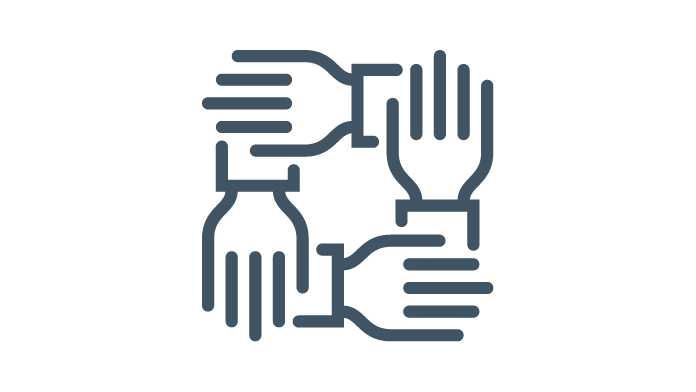
Mutual trust, transparency and visibility. The Member States’ institutions have identified common priority areas and countries for their cooperation that allow JEFIC to develop its own project pipeline. JEFIC partners contribute to greater European visibility in cooperation and coordination with the EU.
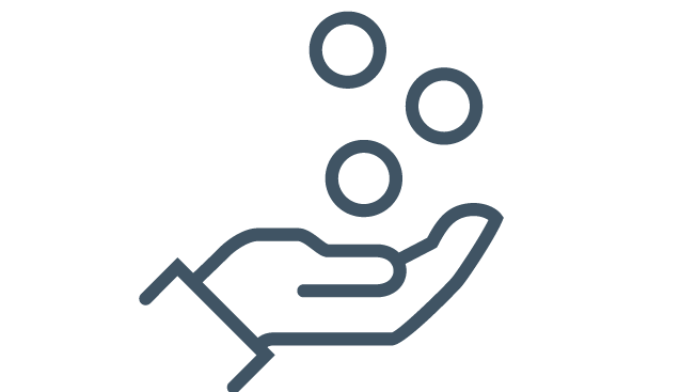
Pragmatism and pooled resources. The Member States’ institutions will promote a strong and pragmatic European partnership. To maximise the impact of the investments, JEFIC projects will draw on pooled resources – this means co-financing and joint implementation, but also the sharing of local and technical expertise and common pipeline generation.
Reflecting their commitment to an effective and efficient European financial architecture for development, the four founding institutions have signed a co-financing framework agreement on March 17, 2023, in Brussels.
With this Agreement, they set up an innovative finance mechanism allowing for improved efficiency and a better response to partners’ needs, to design tailor-made solutions in terms of support, funding volumes, financial instruments, as well as mobilising regional and sectoral expertise in line with the Team Europe Initiatives and Global Gateway:
Through the Agreement, JEFIC members will increase the efficiency of their co-financing operations targeting SDGs and support the implementation of EU development policies.
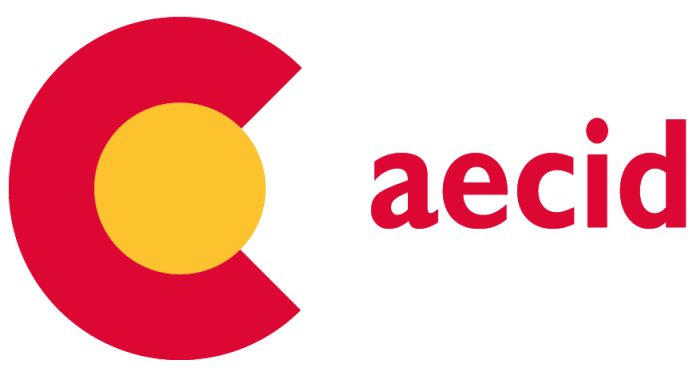
AECID, AECID, the Spanish Agency for International Development Cooperation, is the main management body of the Spanish Cooperation, aimed at poverty reduction and sustainable human development. Its strategic roadmap, in line with Agenda 2030, is the 5th Master Plan for Spanish Cooperation, based on a human rights approach; it pays special attention to three cross-cutting issues: gender, environmental quality and respect for cultural diversity. AECID’s toolbox includes technical assistance and financial cooperation, managed through FONPRODE (Fondo para la Promoción del Desarrollo, Spanish Fund for the Promotion of Development). Launched in 2011, it includes grants and loans, and implements both debt and equity operations
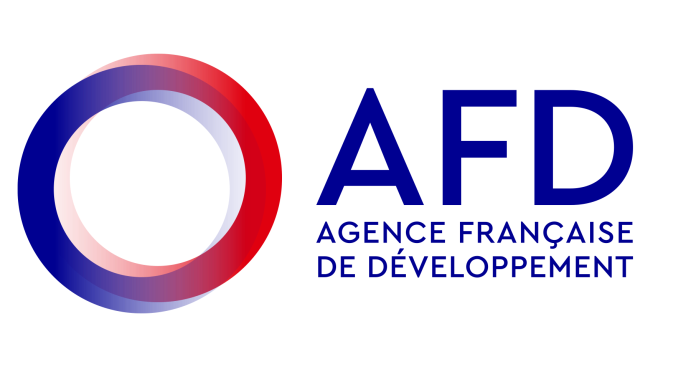
Agence Française de Développement (AFD) implements France’s policy on international development and solidarity. Through its financing of NGOs and the public sector, as well as its research and publications, AFD supports and accelerates transitions towards a fairer, more resilient world. AFD is part of the AFD Group, along with its subsidiary Proparco, which is dedicated to private sector financing and member of the EDFI network, and Expertise France, a technical cooperation agency and member of the Practioners’ Network. With our partners, we are building shared solutions with and for the people of the Global South. Our teams are at work on more than 4,000 projects in the field, in the French Overseas Departments and Territories, in 115 countries and in regions in crisis. We strive to protect global public goods – promoting a stable climate, biodiversity and peace, as well as gender equality, education and healthcare. In this way, we contribute to the commitment of France and the French people to achieve the Sustainable Development Goals (SDGs). Towards a world in common.
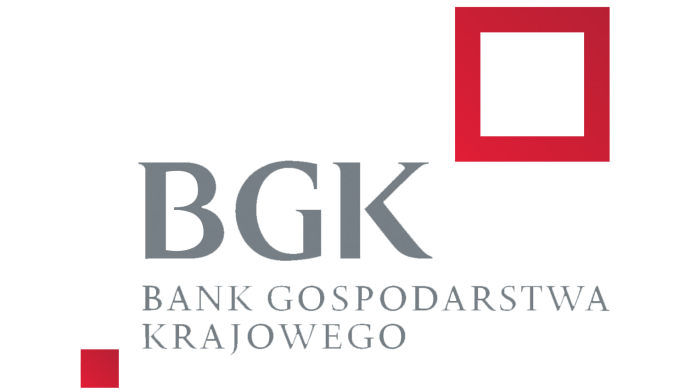
Bank Gospodarstwa Krajowego (BGK) is the Polish development bank with a mission to support sustainable social and economic growth of the country. BGK builds social capital, develops entrepreneurship and provides responsible financing by cooperating with business, public sector and financial institutions and responding to economic needs and undertaking initiatives promoting sustainable development. BGK has been actively engaged in building its development cooperation portfolio, i.e. by indirect management of the EU funds since passing the pillar assessment accreditation in December 2020.
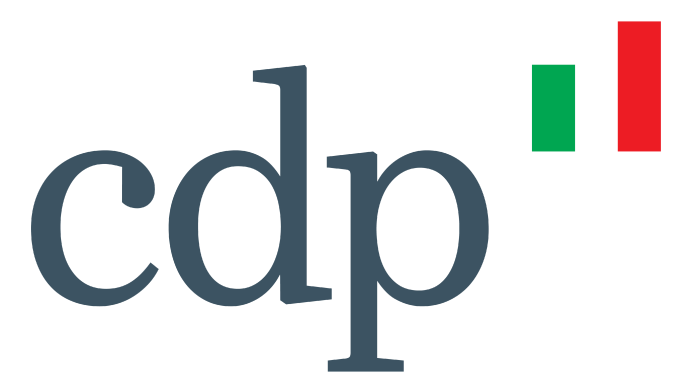
Cassa Depositi e Prestiti (CDP) is the Italian National Promotional Institution that has been promoting the sustainable development of the country since 1850. It supports companies, finances infrastructures, promotes investments of the public administrations and it is a shareholder of leading Italian companies operating in strategic sectors. CDP is also the Italian Financial Institution for International Cooperation and Development Finance with the objective to promote sustainable growth initiatives in developing countries and emerging markets, by offering a wide range of financial products to public and private entities.
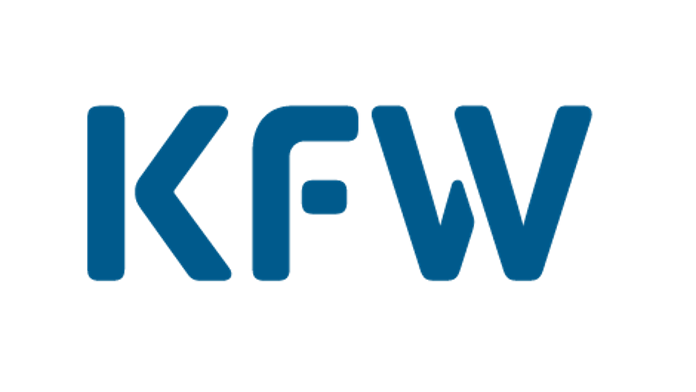
KfW is one of the world’s leading promotional banks. It uses its decades of experience to work on behalf of the Federal Government and the federal states of Germany to improve economic, social and environmental living conditions at home and abroad. KfW Development Bank is responsible for part of KfW’s international business, and the two group subsidiaries, KfW IPEX-Bank and DEG, are also involved. While KfW IPEX-Bank is active in international project and export finance, DEG finances and advises private companies investing in developing countries and emerging economies.